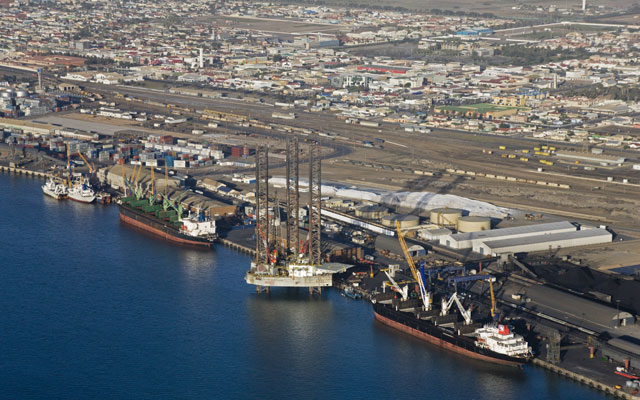U.S. trade with Africa is estimated to have generated about 100,000 jobs in the United States in the past 13 years, due to the African Growth and Opportunity Act (AGOA) of 2000. American and African officials recently met at the annual AGOA Forum in Ethiopia’s capital of Addis Ababa to discuss how such growth could continue. President Obama is keen on an early renewal of AGOA which is set to expire in 2015. However, AGOA requires more than just renewal as evidenced by a recent Heritage Foundation Backgrounder, “Congress Should Pave the Way for a U.S.–Africa Free Trade Agreement.”
The report makes a strong case that President Obama and Congress should work together to not only renew AGOA, but to upgrade AGOA in order to advance economic freedom in Africa, encourage economic integration within the region, and set the stage for a free trade agreement (FTA) between the U.S. and Africa. As long as AGOA remains limited to a trade-preference arrangement, it will not realize the full potential for trade-led economic growth, increased investment, and broad-based economic development between the U.S. and Africa.
AGOA has been the cornerstone of America’s economic interaction with Africa and with improved governance and a rich resource endowment; many economies in the region have become attractive global trading partners. If the U.S. does not build on the foundation developed by AGOA to enhance its economic partnership with Africa, the U.S. risks playing second fiddle to the European Union, China, and other emerging partners with Africa, including Brazil, India, and South Korea, which are eager to enter into more robust economic partnerships with the continent.
In upgrading AGOA, Heritage recommends that the U.S. take five concrete actions to spur African economic integration and ultimately transform AGOA into an FTA between the U.S. and Africa. Specifically, the U.S. should:
- Reauthorize the Generalized System of Preferences (GSP) program,
- Renew AGOA through 2025,
- Endorse regional economic integration in Africa,
- Incentivize economic integration while encouraging AGOA-eligible countries to pursue greater economic freedom, and
- Starting in 2017, make AGOA preferences contingent on reciprocal duty-free treatment of a gradually expanding list of U.S. exports with the goal of transforming AGOA into a formal FTA by 2025.
The lens through which Africa is viewed is changing; if the U.S. does not look beyond assistance and ensure an expanded trade relationship with Africa, a serious opportunity will missed for Americans and Africans alike.
For more information on transforming the African Growth and Opportunity Act please see: “Congress Should Pave the Way for a U.S.–Africa Free Trade Agreement.”



























